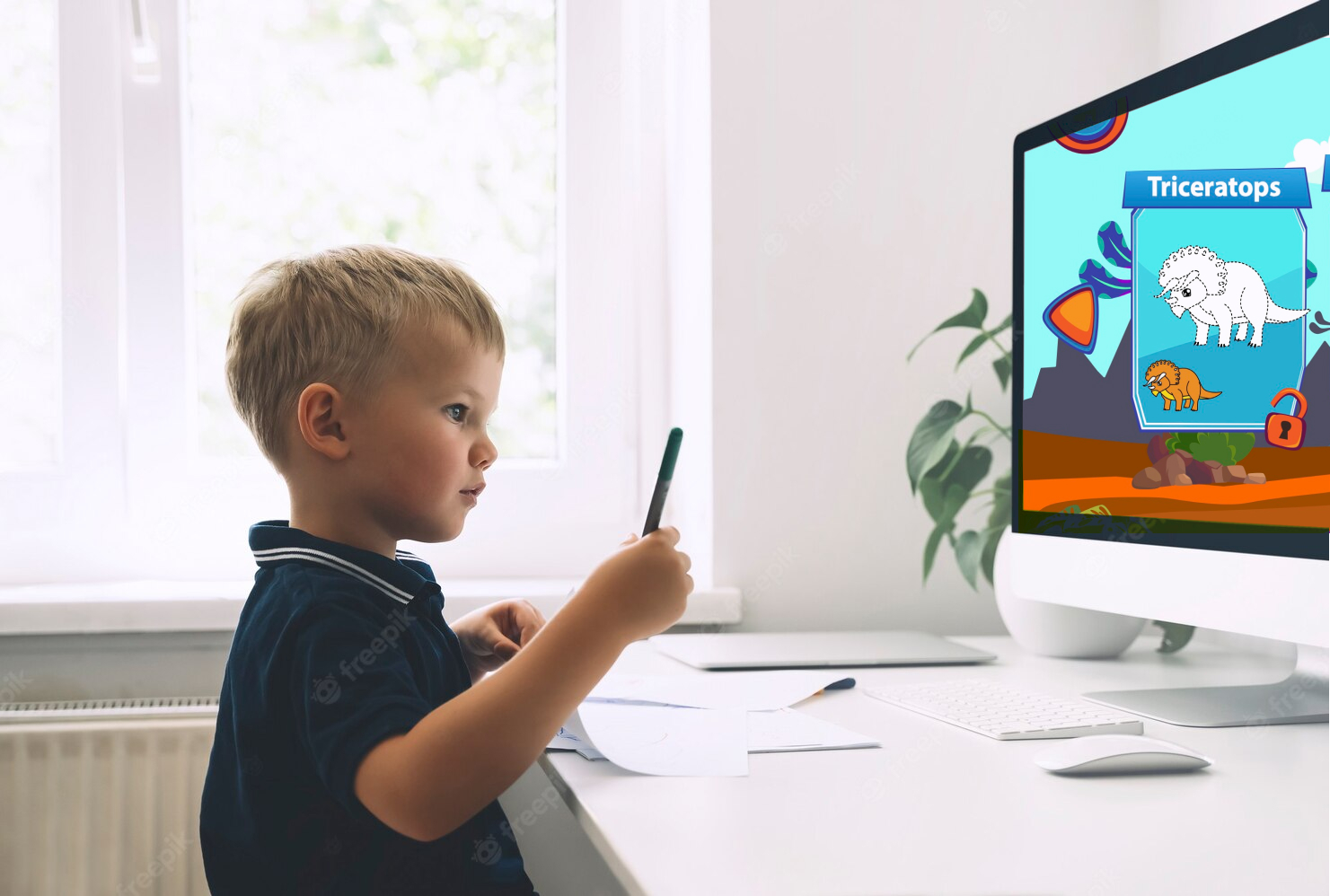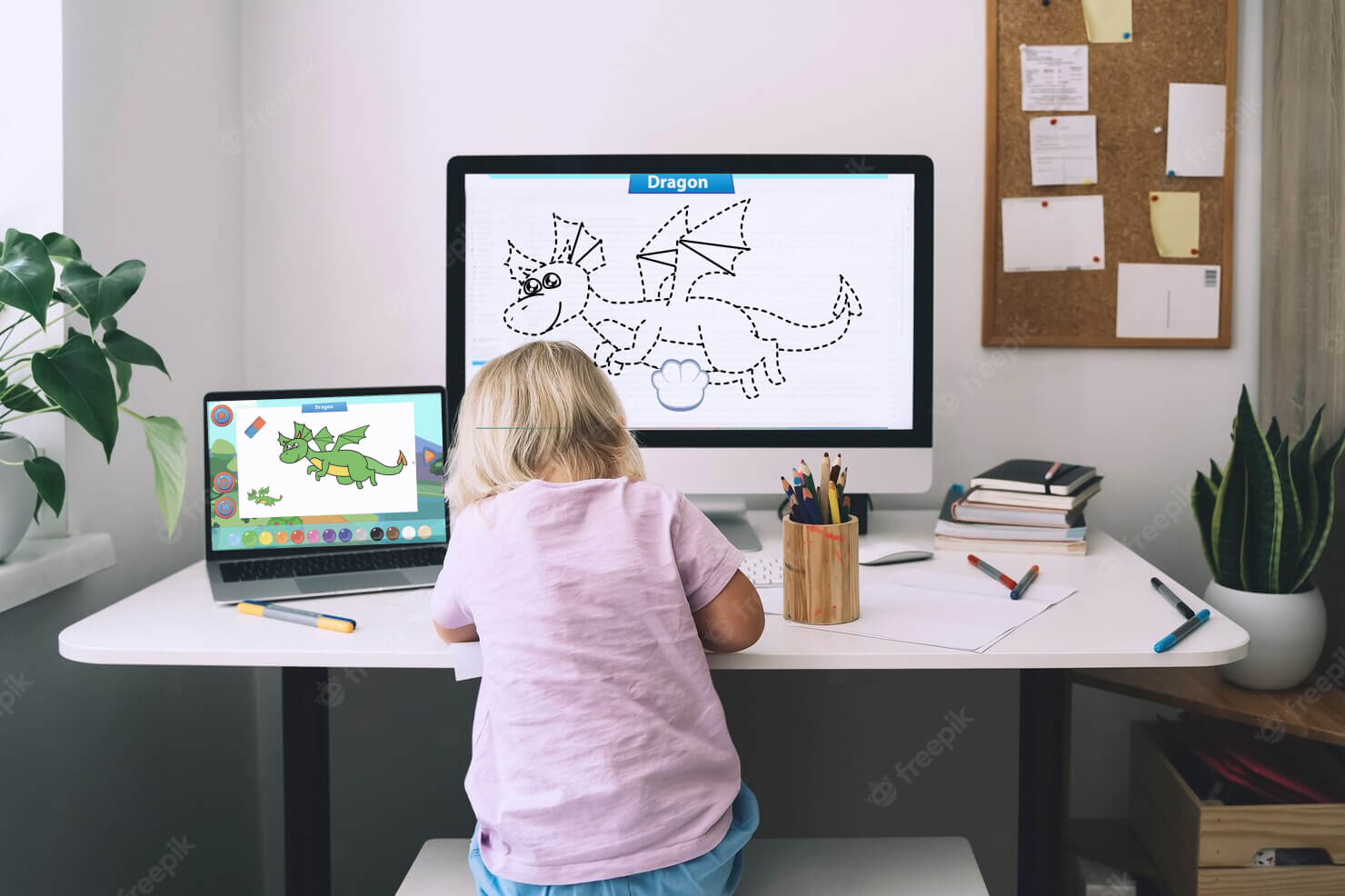Using apps for toddlers can provide several advantages for their development and learning. Here are some of the key benefits:
1. Educational Content:
Many toddler apps are designed with educational content in mind. They can help children learn letters, numbers, shapes, colors, and other fundamental concepts through interactive and engaging activities. These apps often incorporate visual and auditory cues to enhance learning.
2. Cognitive Development:
Toddler apps can promote cognitive development by stimulating critical thinking, problem-solving skills, memory, and attention span. They may include puzzles, matching games, and activities that encourage logical reasoning, which can help toddlers develop their cognitive abilities.
3. Language and Communication Skills:
Apps for toddlers often focus on language development, introducing new words, and improving vocabulary. They may include interactive stories, rhymes, and word games that can enhance language skills, such as speech, listening, and early reading abilities.
“WITHIN THE HEARTS OF CHILDREN, A CREATIVE FLAME BURNS BRIGHT, ILLUMINATING THEIR WORLD WITH INFINITE POSSIBILITIES.”
4. Motor Skills Development:
Many toddler apps offer activities that help develop fine motor skills. By using touchscreens and interactive elements, children can practice hand-eye coordination, finger control, and precise movements. These skills are essential for future activities like writing, drawing, and using tools.
5. Creativity and Imagination:
Some apps for toddlers foster creativity and imagination by providing drawing tools, virtual coloring books, and open-ended play opportunities. These apps can encourage self-expression, storytelling, and imaginative thinking, allowing children to explore their creativity in a digital environment.
6. Social Interaction:
While it’s important for toddlers to have real-life social interactions, certain apps can facilitate virtual social interaction with peers or family members. Some apps enable multiplayer games or video calls, promoting social skills, turn-taking, and collaboration, even when physical interactions are limited.

7. Parental Involvement:
Many toddler apps are designed to involve parents or caregivers. They often include features like progress tracking, parent-child joint activities, and tips for extending learning beyond the app. Such involvement can enhance the bonding between parents and children and create opportunities for shared learning experiences.
8. Sensory Exploration:
Many toddler apps incorporate interactive elements that engage multiple senses, such as touch, sound, and visuals. These sensory experiences can help toddlers explore and understand their environment, fostering sensory development and awareness.
9. Emotional Development:
Some toddler apps feature characters and stories that address emotions, empathy, and social situations. These apps can help children recognize and understand their emotions, learn empathy towards others, and develop emotional intelligence.
According to recent surveys, around 85% of children engage in imaginative play, showcasing their innate creativity and capacity for divergent thinking.
It’s worth noting that while toddler apps can offer various benefits, they should be used in moderation and under adult supervision. The quality and appropriateness of the content, as well as the engagement of parents or caregivers in guiding and discussing app usage, play a crucial role in maximizing the benefits and minimizing potential drawbacks.

 admin
admin 
